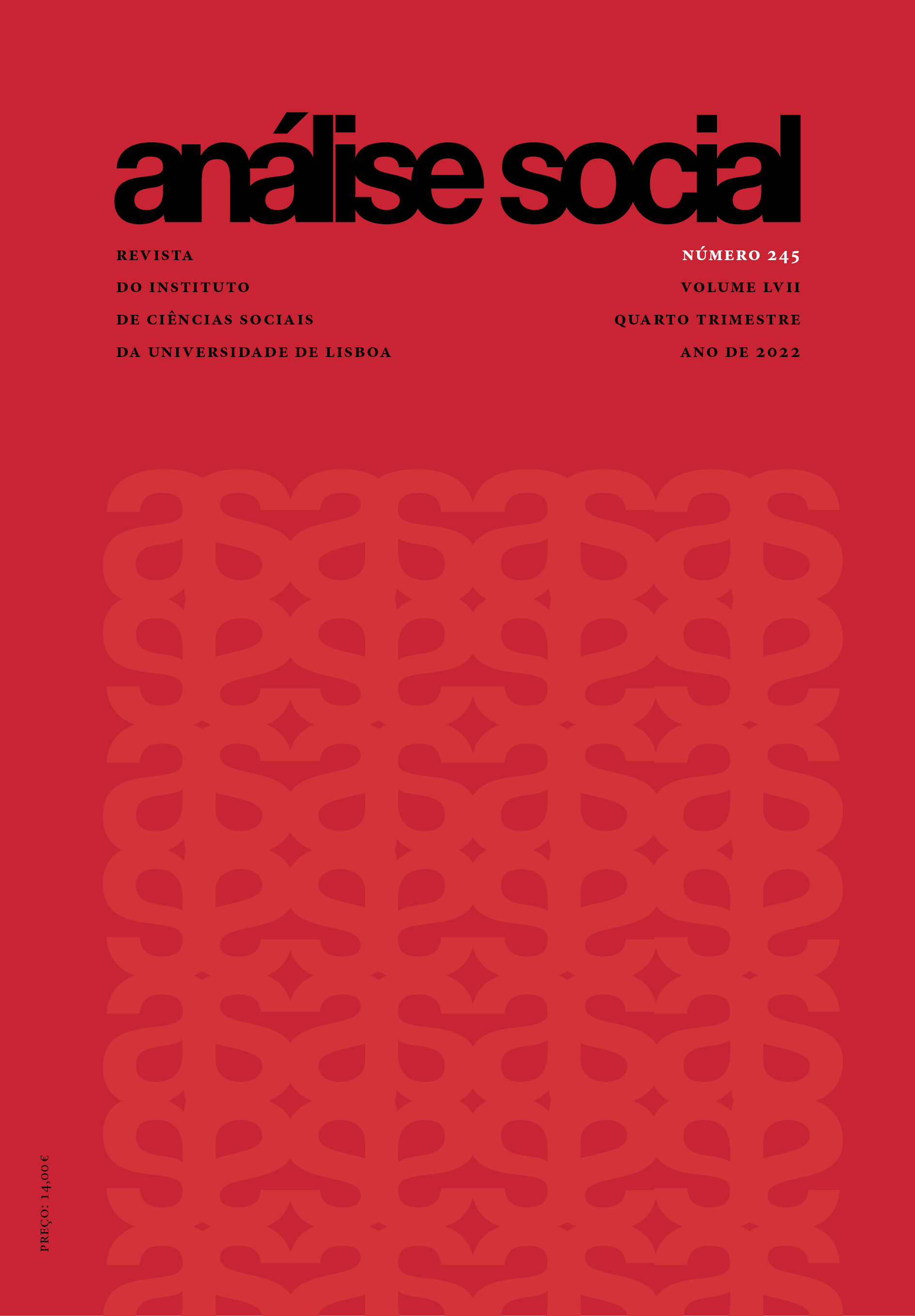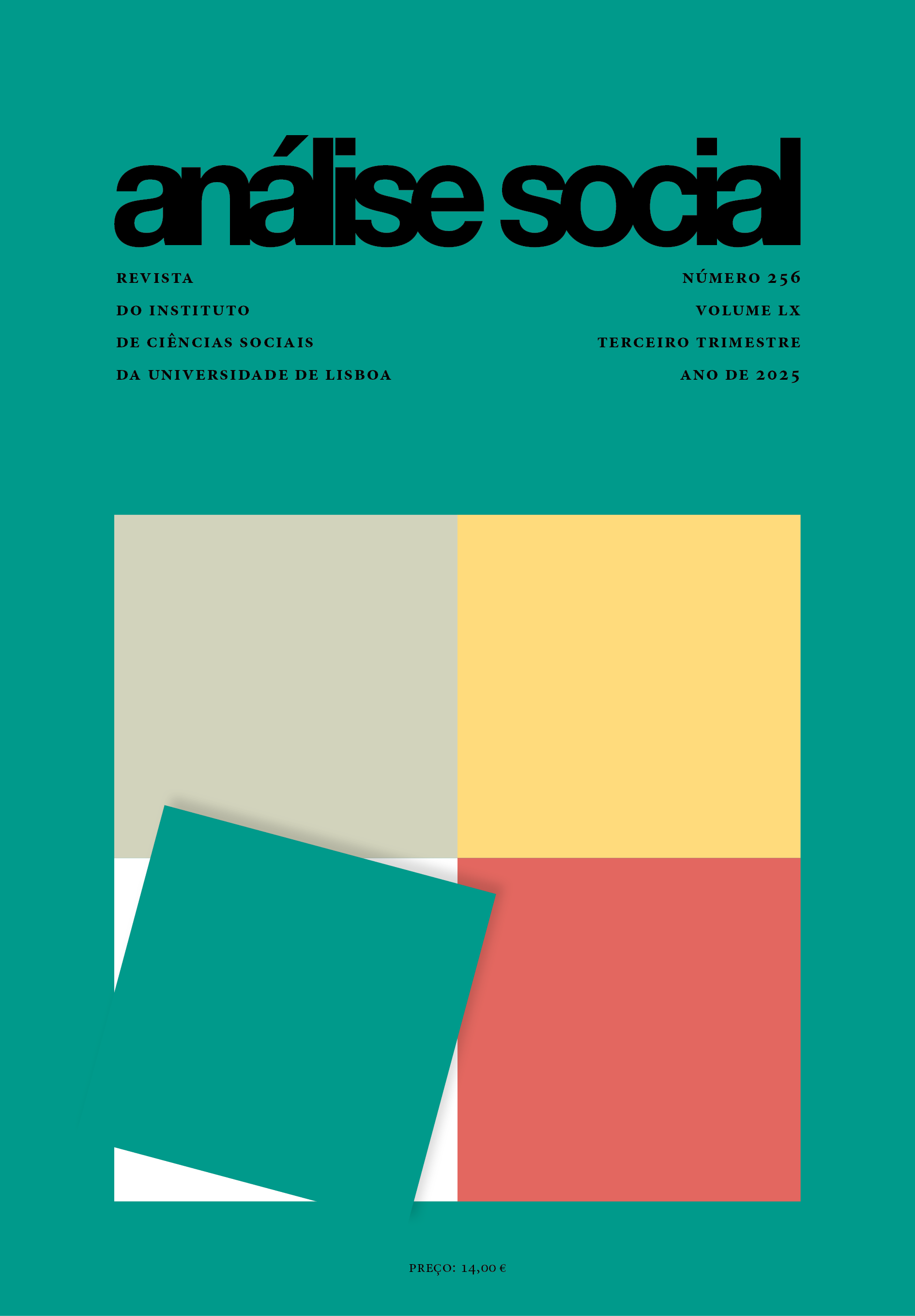Portuguese filmography on Portuguese Orient: scarcity and specificities
DOI:
https://doi.org/10.31447/AS00032573.2022245.01Keywords:
propaganda cinema, “Portuguese Orient”, colonial films, Estado Novo, national projectionAbstract
The Portuguese filmography on Portuguese Orient during the Estado Novo is scarce, late, and projects a simplified Luso-tropicalist rhetoric, which has been updating the myth of the lost importance of a territory, once vast, which, during the dictatorship, was already small. It imposed itself mostly due to the symbolic value underlying its possession. This article proposes that the film shortage on Portuguese India, Timor, and Macau stems from this symbolic value of the imagined community (and territory), which was projected more by omission than through imagetic representation. However, with the emergence of the Goa question and the start of the colonial war, the Portuguese Orient began to be filmed as a result of a Luso-orientalist discourse which intended, against the evidence, to consolidate the idea of national unity “from Minho to Timor”.



